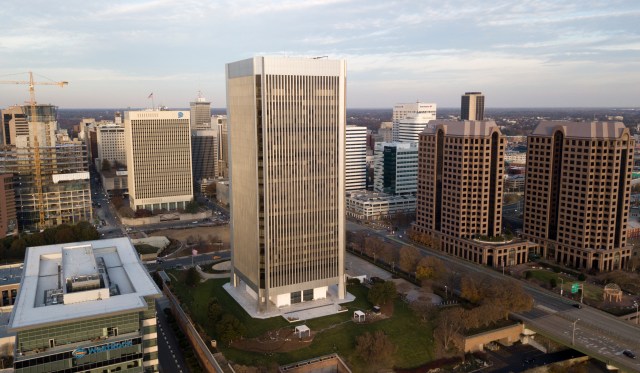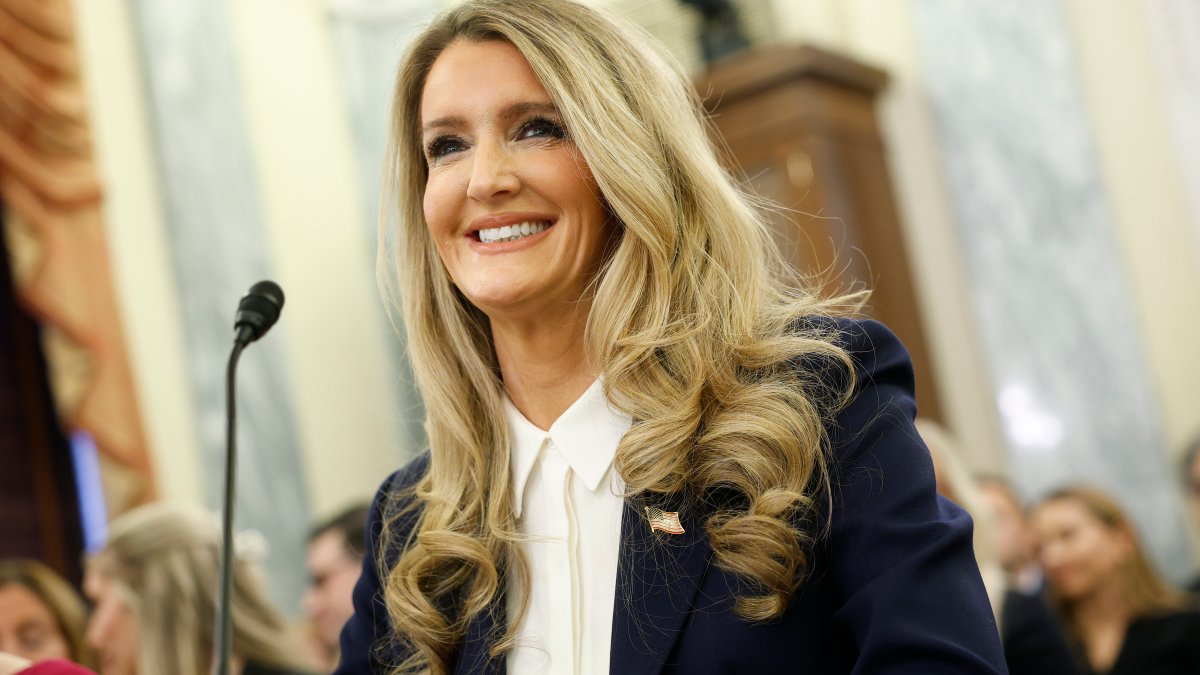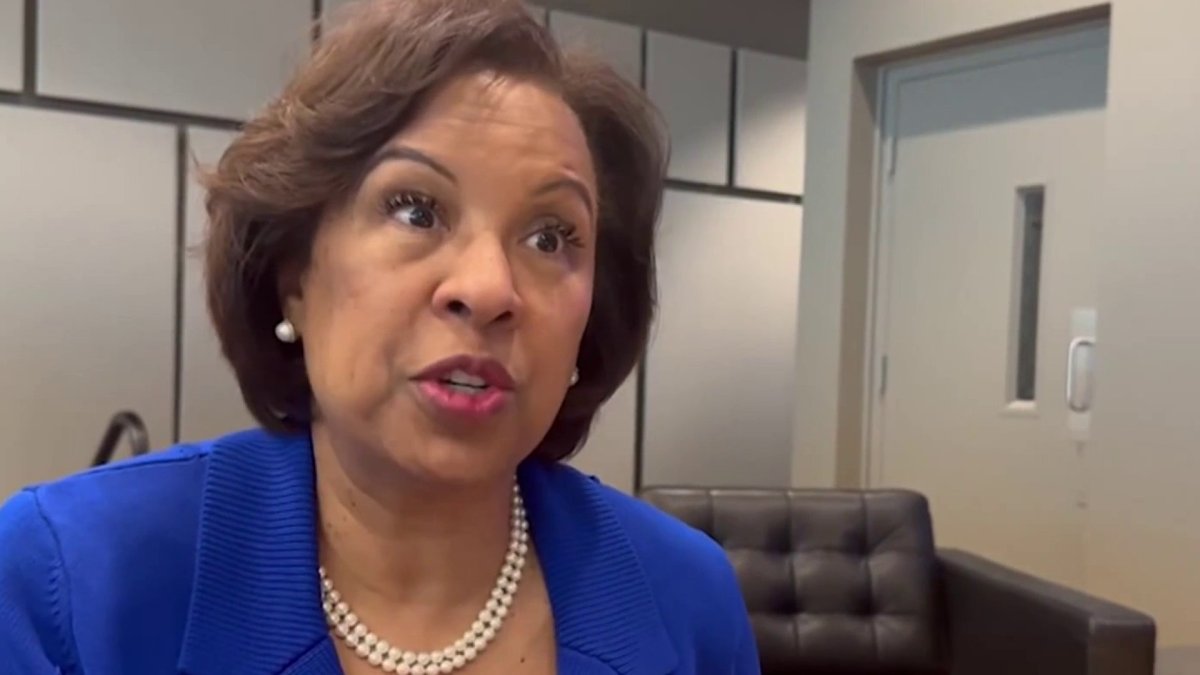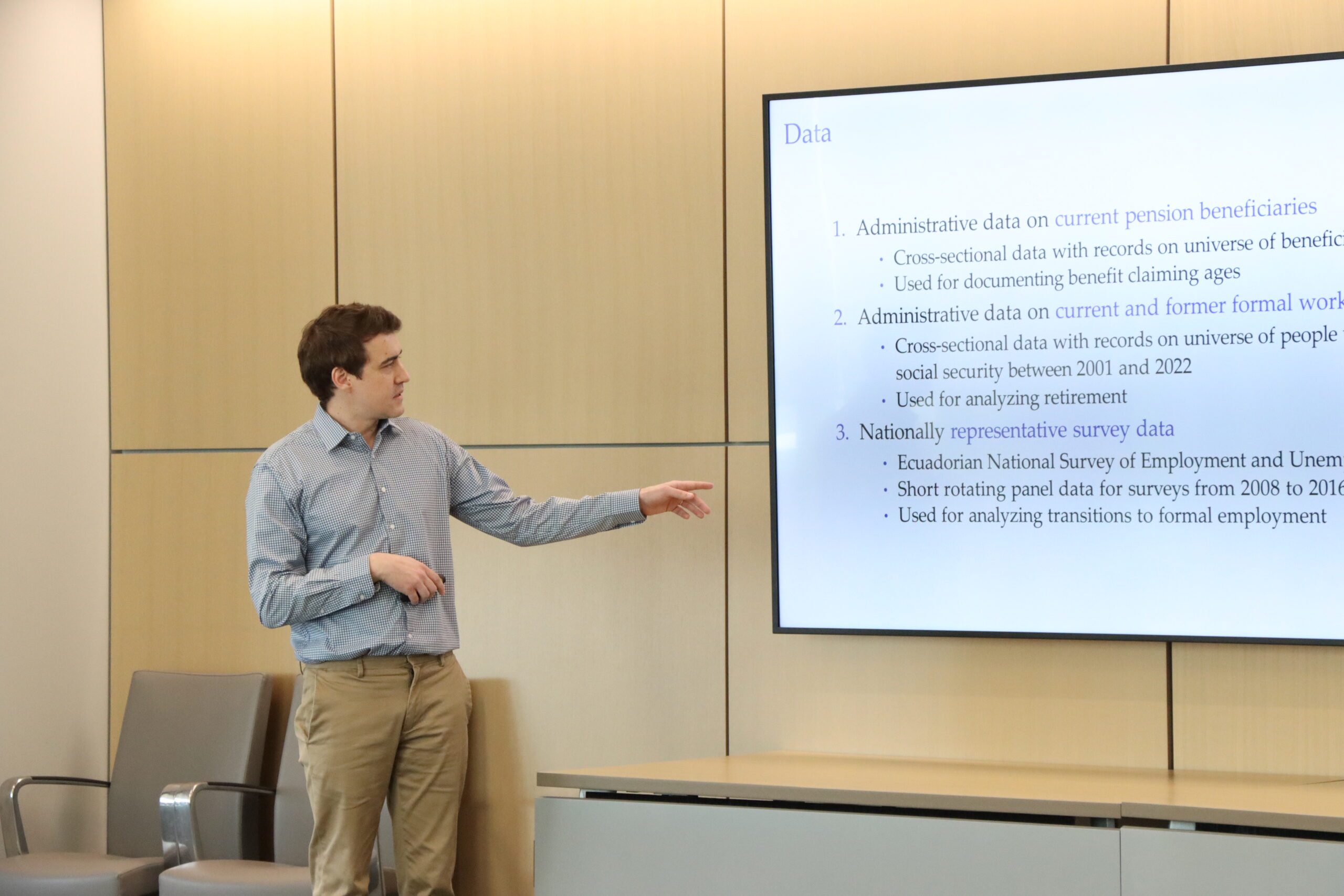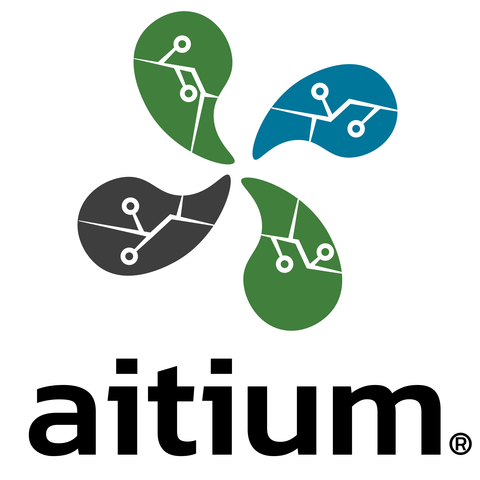Trust Eroding: Why Americans Are Turning Their Backs on Corporate Giants and Free Market Myths

In a revealing snapshot of American economic sentiment, recent surveys highlight a complex relationship between public perception and corporate landscapes. While capitalism continues to maintain a relatively positive standing, big businesses face growing skepticism among the general population.
Surprisingly, only 37% of Americans express a favorable view of large corporations, suggesting a significant trust deficit. In contrast, the broader economic system of capitalism enjoys more widespread support, with 54% of Americans viewing it in a positive light.
This disparity reveals an intriguing nuance in how people perceive economic structures. Many Americans seem to appreciate the fundamental principles of free-market economics while simultaneously harboring reservations about the practices of major corporate entities.
The data underscores a critical challenge for big businesses: rebuilding public confidence and demonstrating their value beyond pure profit-making. As public opinion continues to evolve, corporations may need to focus on transparency, social responsibility, and demonstrating tangible benefits to communities and workers.

